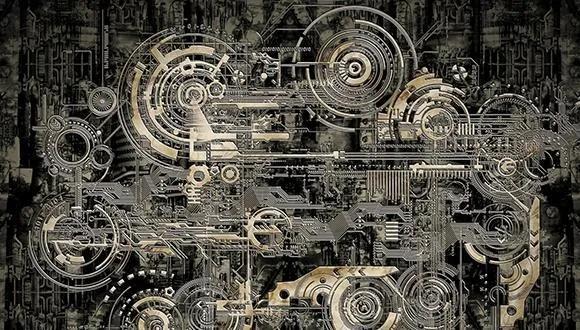Department Seminar of Alex Evilevitch- Tensile Forces in Virology: Mechanical Drivers of Genome Release and Host Cell Transformation During Infection
Tensile Forces in Virology: Mechanical Drivers of Genome Release and Host Cell Transformation During Infection
Wednesday July 7th 2025 at 14:00
Wolfson Building of Mechanical Engineering, Zoom
Abstract:
Viruses are nanoscale machines that exploit extreme mechanical forces to drive infection. In this talk, I will explore how tensile and compressive forces regulate the herpesvirus life cycle—from genome packaging under pressure to nuclear remodeling during replication. Inside the viral capsid, the DNA is so tightly packed that it generates internal pressures exceeding tens of atmospheres. This immense pressure acts as the driving force for rapid genome ejection into the host nucleus, with a force comparable to a biological bullet. Using a multidisciplinary platform combining X-ray and neutron scattering with bio-atomic force microscopy (BioAFM), we have quantified these forces and visualized how viral DNA physically transforms the host cell nucleus. Our findings uncover a new mechanical layer of viral replication and suggest strategies for antiviral design that exploit the physical vulnerabilities of the viral life cycle.
Bio:
Alex Evilevitch is a professor at the Faculty of Medicine, Lund University, and an internationally renowned researcher with a distinguished background in interdisciplinary research at the intersection of biophysics, virology, and physical chemistry. He earned his PhD in Physical Chemistry from Lund University in 2001 and pursued a STINT postdoctoral fellowship at UCLA between 2002 and 2003. His academic journey includes tenured faculty appointments at Lund University (Sweden), Carnegie Mellon University (USA), and the University of Illinois at Urbana-Champaign (USA).
Evilevitch's work has significantly advanced the understanding of viral genome packaging and infectivity, with a particular focus on capsid mechanics and the internal pressure and confinement forces acting on viral genomes. His research reveals how these physical parameters drive genome ejection into host cells and how infection leads to mechanical transformations within the host nucleus and chromatin architecture, influencing the outcome of viral replication. His translational research addresses key challenges in herpes virology and gene therapy, leading to the development of non-resistance-based antiviral therapies and improved viral vector production methods, for which he holds several U.S. patents.
He has received numerous international awards, including the Hebert Newby McCoy Award for the most important contribution in the field of chemistry at UCLA and the Hagberg Prize in Biochemistry from the Swedish Royal Academy of Sciences.


